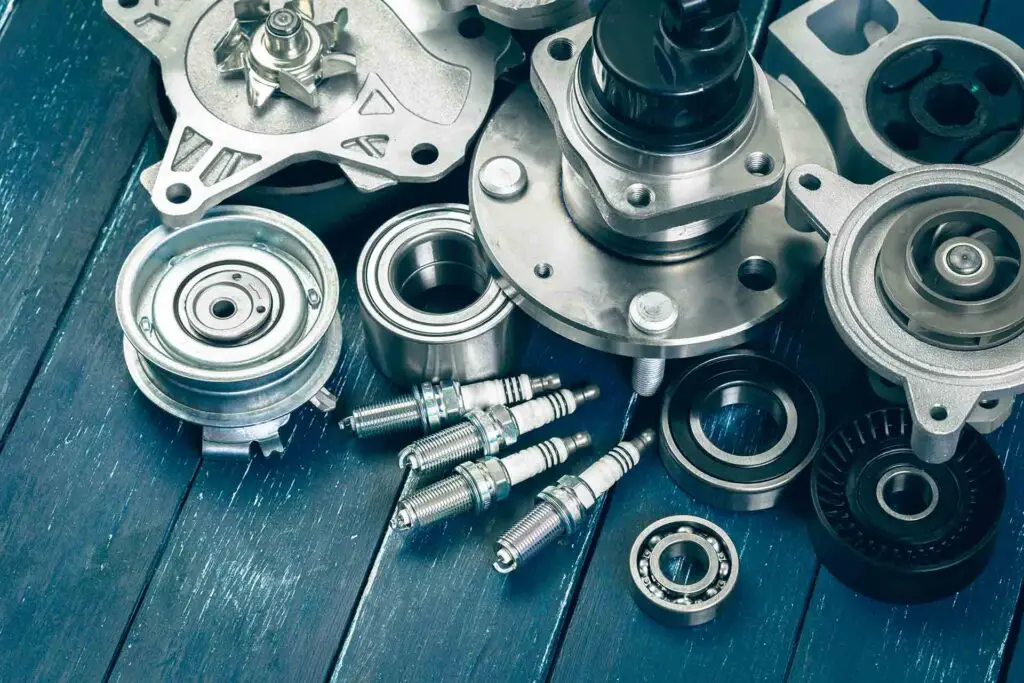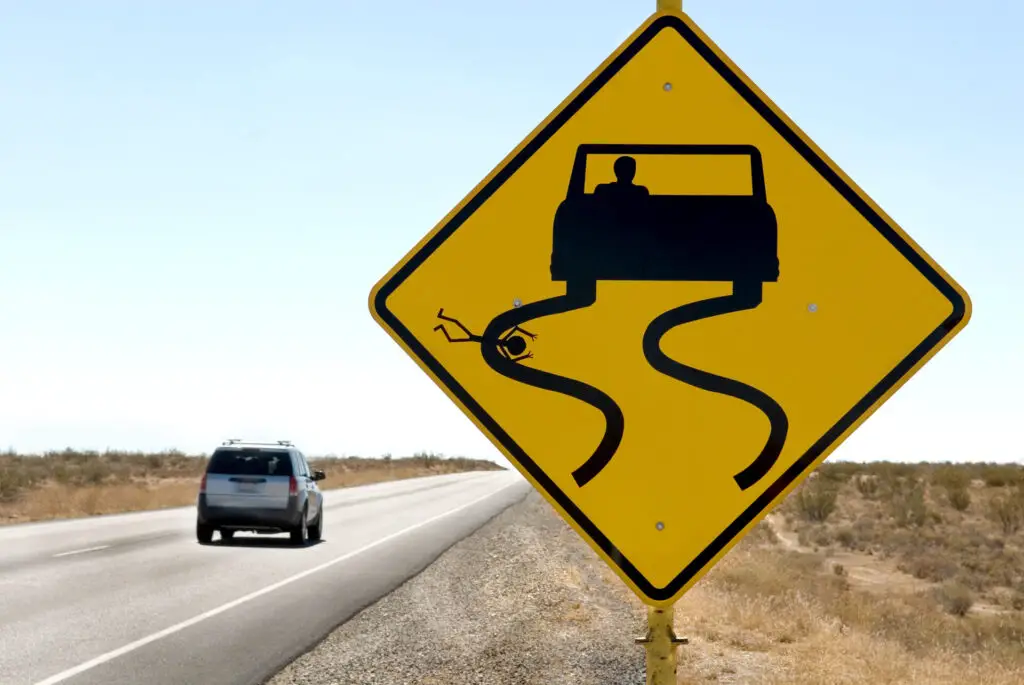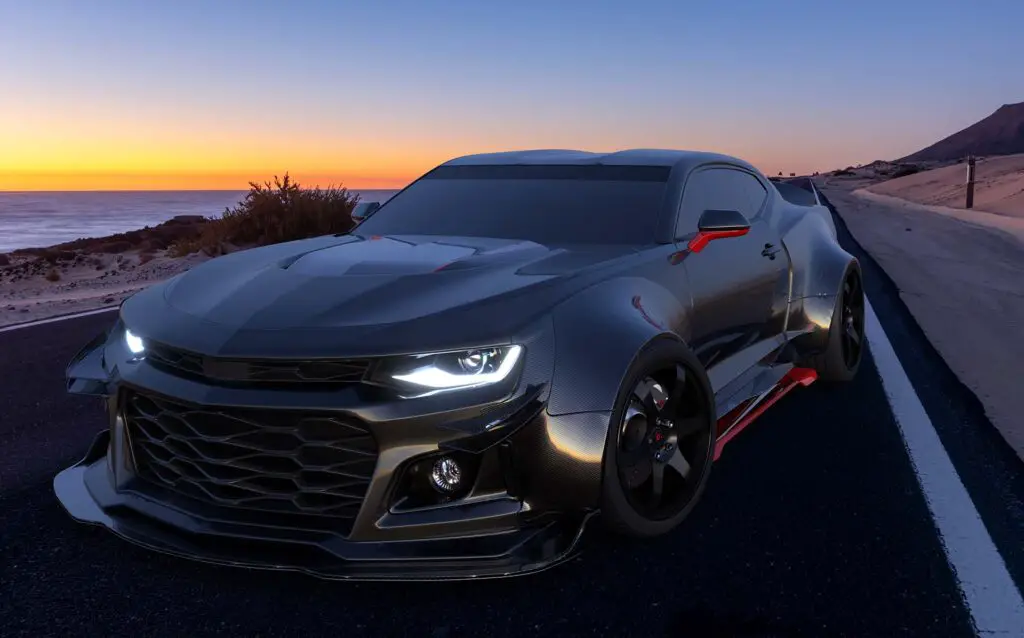Are you thinking of modifying your car to make it faster, look cooler, and improve its performance? Before you do anything else, it’s important to know what car mods are illegal to avoid getting into trouble with the law. Let’s discuss which upgrades may be prohibited in different areas, as well as the importance of staying safe and informed when it comes to modding your four-wheeler.
These modifications can vary across jurisdictions, but common examples include tampering with the engine and emissions control systems, removing or modifying safety features like airbags, altering the vehicle’s height or suspension beyond legal limits, adding excessive tint to the car’s windows, or installing unauthorized lighting systems such as strobe lights or excessively bright headlights.
What Are Car Mods?
Car modifications are a popular way for auto enthusiasts to personalize and enhance their four-wheelers, no matter if they’re used cars or brand-new. Whether it’s upgrading the engine for increased performance, adding aerodynamic body kits for a sportier look, or installing custom audio systems for a superior sound experience, vehicle modifications allow owners to make their rides truly unique.
There Are Performance and Aesthetic Modifications
Aesthetic and performance modifications are two distinct categories of upgrading cars that cater to different aspects of the driving experience. While aesthetic modifications primarily focus on the vehicle’s appearance, performance upgrades are designed to enhance the car’s dynamics and overall capabilities on the road. However, both types contribute to creating a unique and personalized four-wheeler that reflects the owner’s taste and automotive preferences.

Before Anything Else, Understand the Illegal Car Modifications
Before you go ahead and have your four-wheeler undergo some impressive upgrades, it’s important to ask yourself – what are illegal car mods? An illegal modification refers to any alteration made to a vehicle that violates the established laws, regulations, or safety standards set forth by the governing authorities.
These illegal modifications vary by jurisdiction, so it’s important for vehicle owners to research and understand the specific laws and regulations applicable to their location. Here are the vehicle parts or aspects that often come with enforced regulations concerning modifications:
- Emissions control systems,
- Noise limits,
- Lighting,
- Window tinting,
- Suspension height,
- Safety features,
- Vehicle structure,
- Engine performance.
It’s All About Staying Safe on the Road
Certain modifications are deemed illegal for a variety of reasons, primarily centered around safety, environmental concerns, and adherence to regulations. By enforcing these restrictions, authorities are doing their part in ensuring road safety, which is the number one driver’s responsibility, as well as protecting the environment by aiming to maintain air quality standards.

Consider Legal Framework and Regulations
The legal framework governing vehicle modifications involves a combination of local, state, and federal regulations. Each jurisdiction has its own set of rules and requirements that owners must adhere to when modifying their four-wheelers.
At the local level, cities or municipalities may have specific regulations regarding modifications that affect noise levels, vehicle height, or lighting systems. State laws often cover a broader range of modifications, including exhaust systems, suspension modifications, and tinted windows.
Additionally, federal regulations, such as those established by the National Highways Traffic Safety Administration (NHTSA) and the Environmental Protection Agency (EPA), set standards for safety features, emissions control systems, and other aspects of vehicle modification.
Here Are the Resources You Should Get Acquainted With
All of these laws and regulations can seem very confusing at first, especially as the legal framework varies from state to state. However, there are plenty of useful resources you can always consult:
- Government websites – visit the official websites of local, state, and federal government agencies responsible for transportation, automotive regulations, and environmental protection, as these often provide information on specific laws and guidelines related to vehicle modifications,
- Department of Motor Vehicles (DMV) – check the website or visit the local DMV office in your jurisdiction, as they typically provide valuable information on traffic regulations, including vehicle modifications, required permits or inspections,
- Automotive forums – online communities and forums dedicated to gearheads often have sections or threads discussing local laws and regulations, so engaging with fellow enthusiasts can provide valuable insights and guidance based on their experience.

What Car Mods Are Illegal – List of Common Modifications That Can Get You in Trouble
Finally, let’s get down to the real deal and go over some common vehicle modifications that might just get you into some legal trouble, no matter if you’ve been cruising through famous routes in the US or went on an off-road driving excursion.
Engine Modifications
Illegal engine modifications are one of the most common alterations made to a vehicle that often violate established laws, regulations, or safety standards. These modifications typically involve changes that significantly exceed legal limits, compromising vehicle performance, emissions control, and safety.
Examples of illegal engine modifications may include tampering with emission control systems, removing or disabling catalytic converters, modifying engine internals beyond legal limits, or altering fuel injection systems to exceed legal emission standards. Such upgrades can result in increased pollution, decreased fuel efficiency, and potential engine damage, so there are plenty of regulations put into place around these kinds of modifications.
Exhaust System Alterations
While some exhaust system alterations are legal and designed to improve performance or enhance the vehicle’s sound, others can be considered illegal and non-compliant with regulations. Legal modifications may involve installing aftermarket exhaust systems that improve airflow and increase horsepower, as well as adding mufflers designed to provide a deeper or sportier sound.
On the other hand, illegal exhaust system alterations typically involve removing or bypassing catalytic converters, modifying the exhaust piping to exceed noise limits, or tampering with emissions control systems. These modifications can lead to increased pollution, excessive noise levels, and potential legal consequences.
Lighting Modifications
Lighting modifications involve altering the lighting system of a vehicle to achieve different aesthetics, visibility, or functionality. Legal lighting upgrades typically include installing more efficient or brighter bulbs, adding auxiliary lights such as fog or off-road lights, or installing accent lighting for decorative purposes.
These alterations should adhere to local regulations regarding brightness, color, and placement of lights – modifications that don’t are obviously considered illegal. They often involve installing strobe lights, excessively bright or distracting LED lights, or altering the color of headlights and tail lights beyond legal limits. These modifications can pose safety hazards by impairing the visibility of other drivers or causing confusion on the road, so it’s very important to have strict regulations around them.
Window Tinting
Window tinting involves applying a darkened film or coating to the windows of a vehicle in order to reduce the amount of sunlight and heat that enters the car’s interior. While it provides various benefits, such as improved privacy and reduced glare, the legality of window tinting varies widely depending on local regulations.
Some jurisdictions have specific limits on the percentage of light transmission allowed for each window, while others may prohibit tinting certain windows altogether. Illegal window tinting, such as excessively dark films or tinting on front windshields, can impair visibility and pose safety risks, especially during nighttime driving.
Suspension Modifications
Suspension modifications entail altering the components and settings of a vehicle’s suspension system to enhance its handling, performance, and ride quality. Legal suspension alterations often include upgrading to aftermarket suspension components such as springs, shocks, and sway bars to improve stability, cornering ability, and overall dynamics.
However, these modifications should generally comply with local regulations regarding ride height limits to ensure safe operation and prevent scraping or damage to the vehicle. Extreme lowering or raising the vehicle beyond legal limits compromises stability and might result in road hazards.
What Are the Consequences of Illegal Car Modifications?
Going through illegal vehicle modifications can lead to various legal consequences, including fines, penalties, or even vehicle impoundment. Obviously, the specific penalties vary depending on the jurisdiction and the severity of the violation.
In many cases, law enforcement agencies can issue citations or tickets for illegal modifications resulting in monetary fines, and that’ll definitely hinder you from cutting down on expenses. Additionally, vehicle inspections or emissions tests may be required to ensure compliance with regulations.
The Vehicle Might Get Impounded in Severe Cases
In more severe cases or repeated offenses, authorities may impound the vehicle, which requires additional fees and inconveniences for the owner. Furthermore, illegal modifications can also void warranties and insurance coverage, leaving the owner liable for any damages or accidents that occur as a result of these alterations.

Pay Close Attention to Illegal Modifications and Try to Avoid Them
All in all, when it comes to vehicle modifications, it’s important to pay close attention to the regulations governing your particular area. While it might seem tempting to go all-out with these upgrades, it’s crucial to understand that some of them might have legal consequences. Nobody wants to deal with that hassle – so before you start tinkering with your ride, take some time to familiarize yourself with the local laws.
What Are the Consequences of Getting Caught With Illegal Car Modifications?
The consequences can vary depending on the jurisdiction, but common outcomes include fines, penalties, vehicle impoundment, voiding of warranties or insurance coverage, and potential legal liabilities.
Can I Make Modifications if I Obtain a Special Permit?
In some cases, obtaining a special permit may allow for certain modifications that are otherwise restricted. However, the availability and requirements for special permits vary by jurisdiction, so it’s important to check with local authorities for specific guidelines.
Are There Any Exceptions for Vintage or Classic Cars?
Some jurisdictions may have specific exemptions or allowances for vintage or classic cars, typically relating to modifications that maintain the vehicle’s authenticity or safety while preserving its historical significance. However, these exceptions vary, so it’s crucial to research and understand the specific regulations in your area.
How Can I Check if a Car Modification Is Legal in My Area?
To determine the legality of modification in your area, it’s best to consult the local transportation or motor vehicle department, visit their official website, or contact them directly. They can provide the most accurate and up-to-date information on the regulations and guidelines governing car modifications in your jurisdiction.








